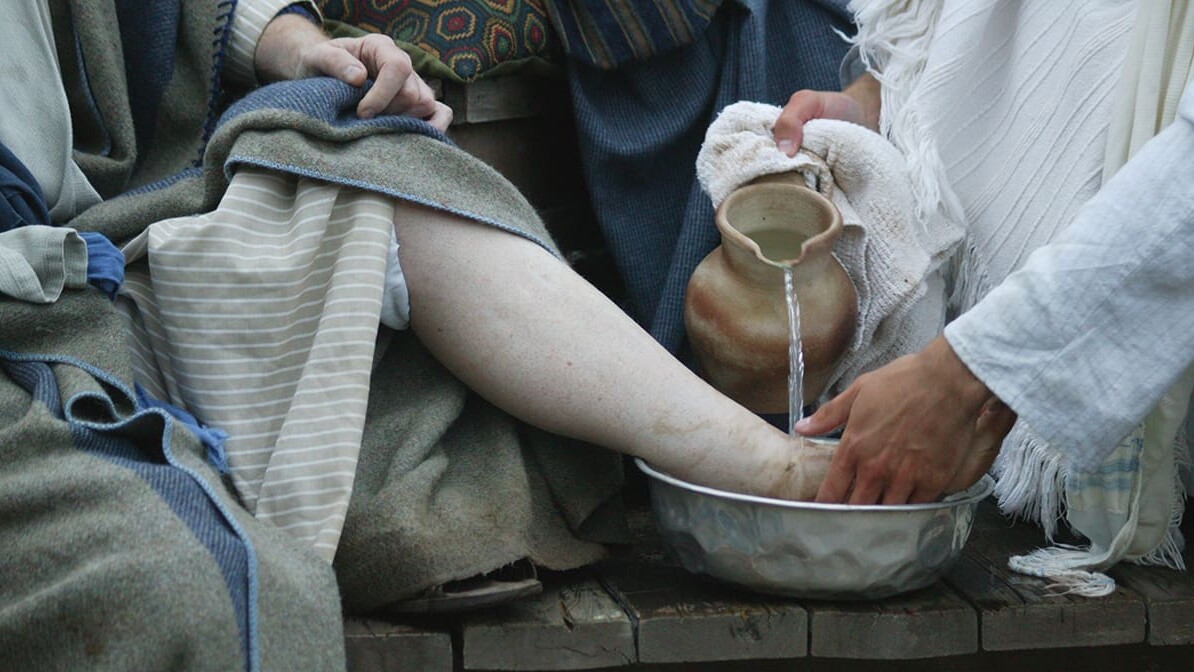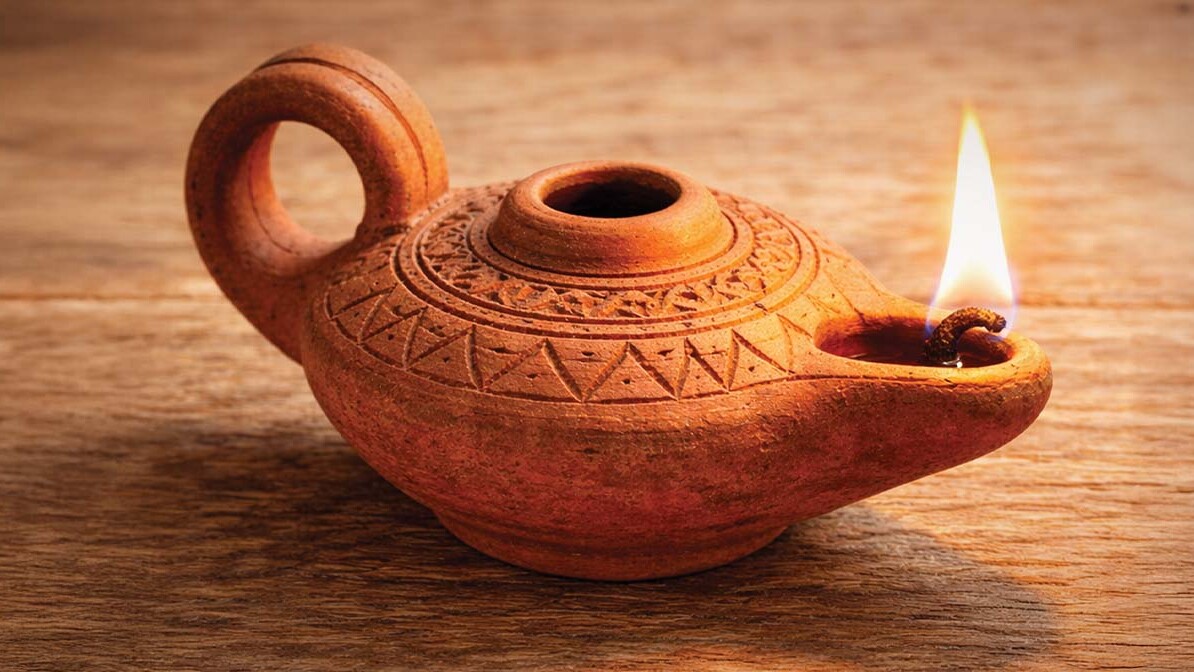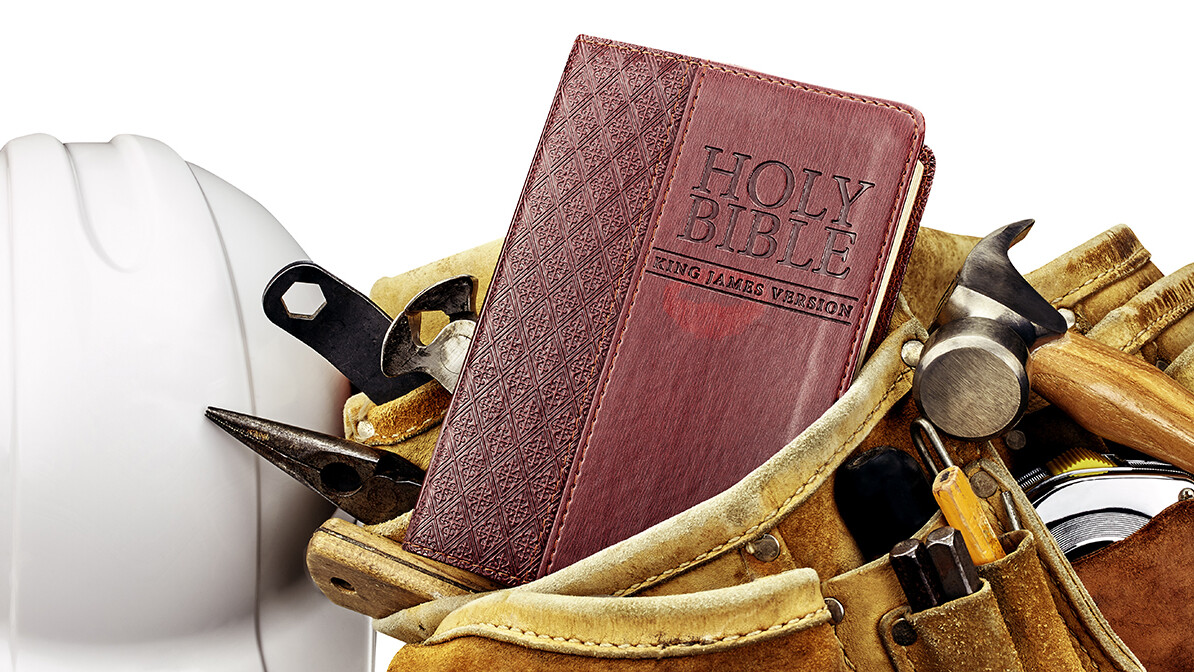Related Articles
Embracing the Friction Point
God isn’t looking for the polished Sunday morning version of your life—He wants the real you, right…
The Power and the Presence
The Christian life is not meant to be an ordinary existence of just getting by; it’s meant to be…
Free from Fear: Why God Never Meant You to Live Afraid
Fear shows up in every life at some point—but it was never meant to rule yours. If you’re searching…
You Don’t Have to Fix Everything to Be a ‘Good’ Christian
One of the most common—and exhausting—misconceptions among Christians, especially new believers, is…
Next Steps To Strengthen Your Walk
Inspiration Today Newsletter
Supercharge your faith and ignite your spirit. Find hope in God’s word. Receive your Inspiration Today newsletter now!
Christian Articles
Find articles to strengthen your walk and grow your faith. We have a wide range of topics and authors for you.
Submit A Prayer Request
We are here for you. Simply click on the button below to reach us by form, email or phone. Together we will lift our hearts and voices with you in prayer.






